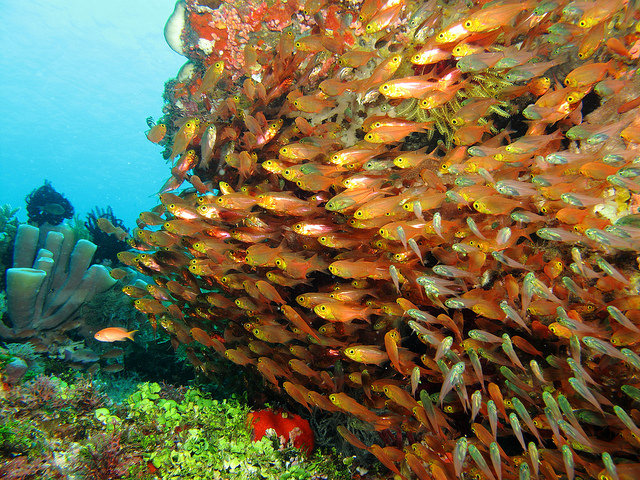
Credit: Choh Wah Ye, via Flickr.
This article was originally posted in OpenChannels, and can be found here.
By David Geselbracht, Communication Officer, Sea Around Us, d.geselbracht@oceans.ubc.ca
Access to better data on the world’s fisheries is essential for improving fisheries policy globally, especially in developing countries where data on fisheries is often extremely limited. The Sea Around Us, an initiative based out of the University of British Columbia, investigates and documents the impacts of fisheries on the world’s marine ecosystems. The initiative has reconstructed catch data for over 250 Exclusive Economic Zones with the goal of providing some of the most comprehensive global fisheries data needed to improve policy.
To make access to data simple and efficient for fisheries managers, policy makers, and research, the Sea Around Us has developed several free, publicly-available research tools:
•A catch allocation mapping tool allows users to view where in the world countries fish, and how their fishing has changed geographically over time. A video tutorial on the tool is available here.
•Interactive graphs allow users to view, analyze and download catch data and relevant references across multiple regions. In addition, users can view catch data for different regions and taxa across time – from 1950-2010 – and see how the reconstructed catch differs from official reporting.
•Taxon distribution maps (found through the mapping tool) allow users to see where marine taxa that are part of the Sea Around Us global catch data occur globally. A video tutorial on the maps is available here.
•The Sea Around Us also offers indicator tools such as Marine Trophic Index and economic tools that elucidate how government intervention can both help and hinder fisheries sustainability.
•A biodiversity tool provides key information on taxa in the Sea Around Us database.
The data mentioned above and used in the tools are also easily downloadable and available for use by researchers, governments, NGOs, and other interested users.

